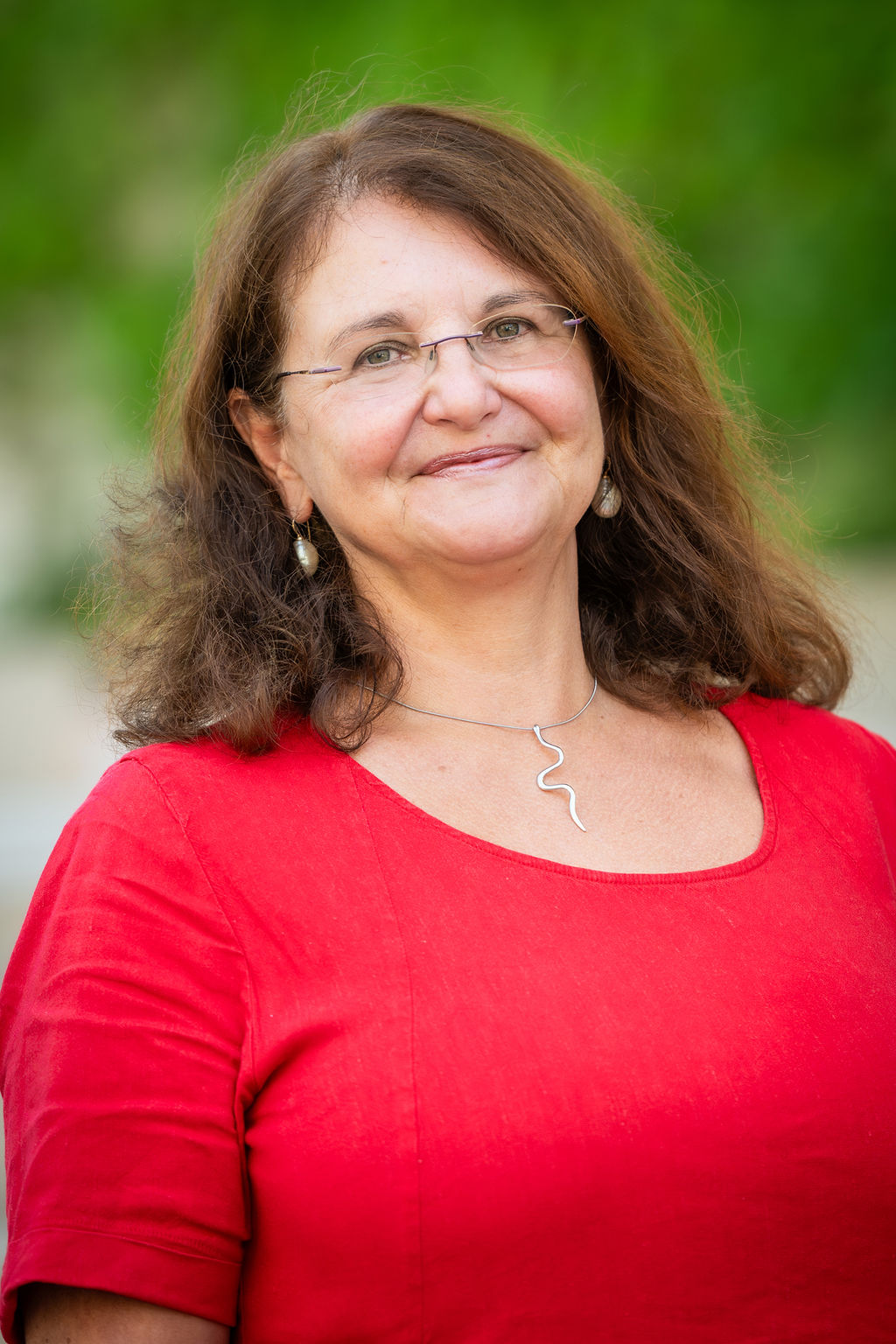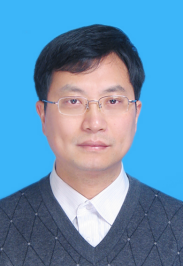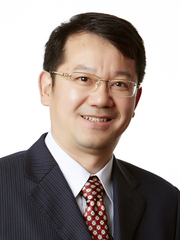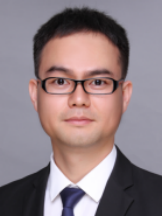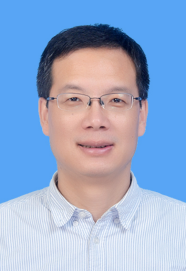Microorganisms drive the biogeochemical cycles of carbon, nitrogen, phosphorus, and other elements, maintaining the stability and productivity of ecosystems. Understanding the critical roles of microorganisms in ecosystems is of paramount importance. Research on the structure and function of microbial communities helps reveal their mechanisms in ecological Environment health, pollutant degradation, and responses to climate change, providing a scientific foundation for addressing challenges such as environmental pollution, food security, and global warming. With the rapid development of technologies such as high-throughput sequencing, metagenomics, and synthetic biology, microbial ecology is entering a new era.
The Microbial Ecology Committee, established in 1984, has made significant contributions to the development of microbial ecology in China. Its mission is to promote academic exchange and collaboration both domestically and internationally, develop new research methods and technologies in microbial ecology, and enhance the academic level and status of microbial ecology in China. The Asian Branch of the International Society for Microbial Ecology (ISME-Asia) is an organization that represents ISME and collaborates with the Chinese Association of Microbial Ecology (CAME), the Japanese Society for Microbial Ecology (JSME), the Microbiology Society of Korea, , Singapore society of microbiology, the South Asia Associations of Microbial Ecology, and others to promote the development of microbial ecology in Asia.
To advance microbial ecology in China and Asia, the Joint Conference of the 1st ISME Asia Forum and the 2025 Annual Academic Meeting of the Chinese Association for Microbial Ecology will be held in Hangzhou from October 24 to 28, 2025. The conference will invite renowned microbial ecologists from Europe and the United States, along with experts, scholars, and researchers from across Asia, to gather and discuss the theme of "Microbial Ecology and One Health." Participants will explore hot topics in microbial ecology research, share the latest academic achievements, and promote the development and prosperity of microbial ecology in Asia.




